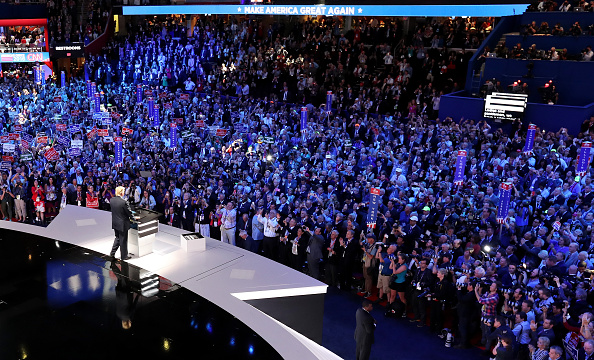Most Recent Shows
Thursday, Apr 18 2024Rethinking leadership in the U.S. African AmericanStudies professor Eddie S. Glaude Jr. says Americans have looked to the political class to create a just democracy for too long – and it hasn't worked. In a new book he argues that we are the leaders we have been looking for and explains what that means for the 2024 election.
Thursday, Apr 11 2024Menopause. Once a taboo topic, the "m" word is having a moment – among celebrities, in the media, and in Washington, where President Biden recently signed an order that supports research into women's health. Dr. Sharon Malone says it's about time, and explains why understanding "the change" is critical for a woman's ability to get – and stay -- healthy.
Thursday, Apr 04 2024Donald Trump regularly ends his rallies with prayer. He has repeatedly compared himself to Jesus. And last week he started selling a version of the Bible. Robert P. Jones of the Public Religion Research Institute weighs in on Trump’s growing embrace of Christianity.
Thursday, Mar 28 2024Donald Trump has made cognitive ability a central issue of the presidential race. But he rarely talks about his own family's experience with dementia. The Washington Post's Michael Kranish on Fred Trump Senior's Alzheimer's disease and what voters deserve to know about a candidate's mental fitness.


